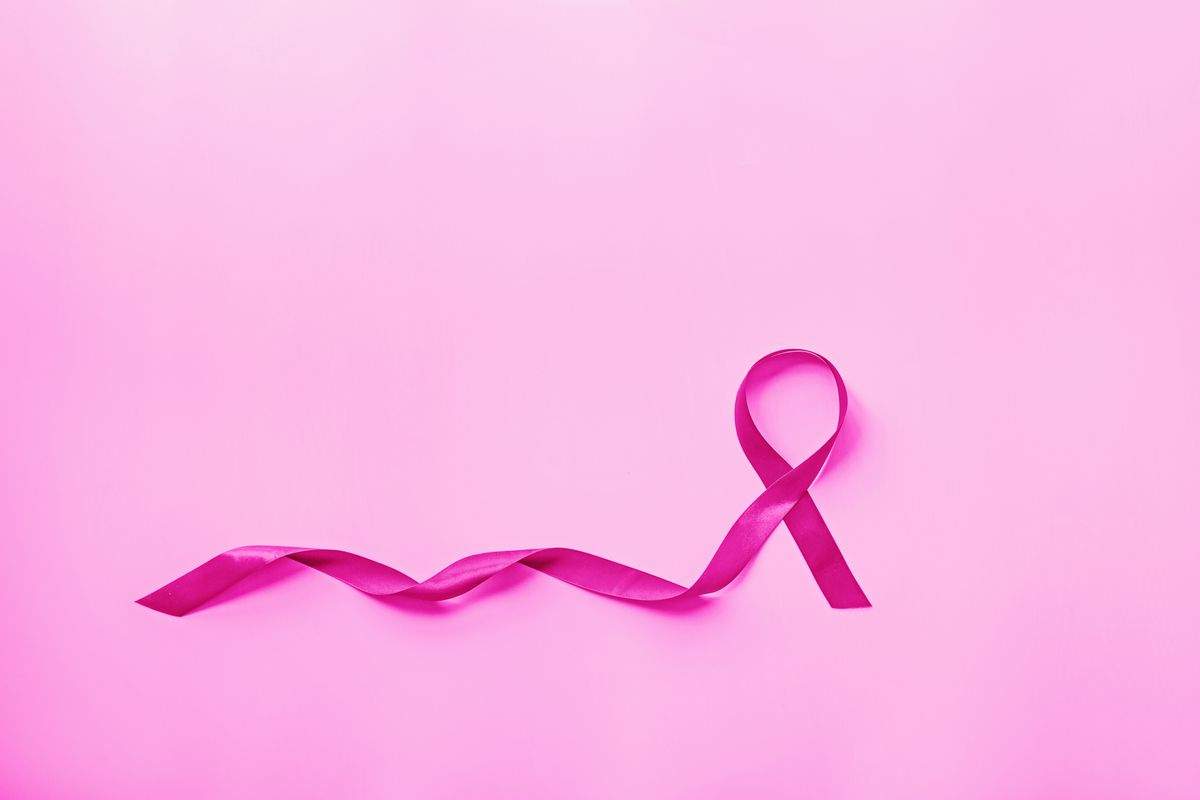02 June 2025 | Monday | News

Novartis is announcing data from a new subgroup analysis of the Phase III NATALEE trial evaluating the efficacy and safety of Kisqali® (ribociclib) plus endocrine therapy (ET, a non-steroidal aromatase inhibitor) in patients with stage II and III hormone receptor-positive/human epidermal growth factor receptor 2-negative (HR+/HER2-) early breast cancer (EBC) at high risk of recurrence across age and menopausal status1. The data will be presented today at the 2025 American Society of Clinical Oncology (ASCO) Annual Meeting.
Results at median follow-up of 44.2 months show that patients receiving Kisqali continued to see consistent reductions in risk of recurrence across all efficacy measures, regardless of age and menopausal status1. In this one-year post-treatment analysis, pre-menopausal and younger patients, who often present with more aggressive disease characteristics, experienced greater reductions in risk of recurrence and fewer treatment discontinuations due to adverse events (AEs) than post-menopausal patients1.
“As the incidence of early onset breast cancer increases, it is encouraging to see that ribociclib continues to deliver durable risk reduction for a broad population of patients with EBC, including younger patients,” said Dr. Kevin Kalinsky, Division Director of Medical Oncology and Director of the Glenn Family Breast Center at Winship Cancer Institute of Emory University. “Coupled with the lower rates of discontinuation due to AEs seen in this subgroup, these data reinforce the benefit of three-year adjuvant treatment with ribociclib as a well-tolerated intervention for patients seeking to reduce the likelihood of their cancer coming back.”
| Pre-menopausal patients (n = 2238) |
Post-menopausal patients (n = 2844) |
|
| Hazard ratioa (95% CI) |
All Kisqali = 1115 ET = 1123 |
All Kisqali = 1424 ET = 1420 |
| Invasive disease-free survival (iDFS) |
0.671 (0.518-0.870) |
0.746 (0.607-0.917) |
| Distant disease-free survival (DDFS) |
0.655 (0.498-0.861) |
0.759 (0.612-0.941) |
| Recurrence-free survival (RFS) |
0.641 (0.486-0.845) |
0.735 (0.588-0.919) |
| Disposition in Kisqali arm, n (%) | ||
| Discontinuation due to AE | 179 (16.1) | 326 (22.9) |
| Dose reduction due to AE | 248 (22.4) | 332 (23.6) |
| a Hazard ratios between treatment arms (RIB + NSAI; NSAI alone), stratified by stage, prior chemotherapy, and geographic region. | ||
Addressing Recurrence in Other At-Risk Groups
A separate real-world analysis of EBC patients who met the NATALEE trial eligibility criteria and received ET monotherapy found that Black patients were more likely to be younger, pre-menopausal, have stage III tumors, and have more extensive nodal involvement than white patients. After adjusting for these factors, Black patients also had worse RFS, DDFS, and overall survival than their white counterparts. These findings reinforce the critical need to improve care for Black patients with the addition of a CDK4/6 inhibitor to their adjuvant treatment3.
Novartis is continuing to add to the body of evidence on the efficacy and safety of Kisqali in different patient populations. Trial design details will be presented at ASCO for the Adjuvant WIDER study, which is enrolling patients that closely reflect the population seen in clinical practice, including more patients from racial and ethnic minority groups4.
“There is an undeniable and urgent need to improve outcomes for vulnerable patient populations, including younger and Black patients, who often face more aggressive forms of breast cancer and remain at high risk of recurrence," said Reshema Kemps-Polanco, Executive Vice President and Chief Commercial Officer, Novartis US. "With Kisqali, we have the opportunity to reduce the risk of recurrence for these patients with early breast cancer, while we continue to offer significant survival benefit to patients living with metastatic disease.”
© 2026 Biopharma Boardroom. All Rights Reserved.